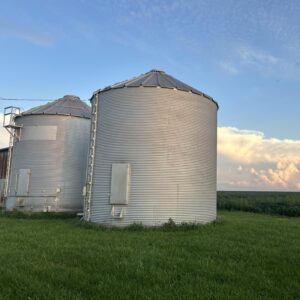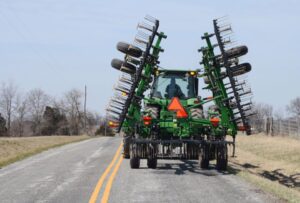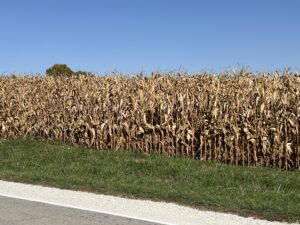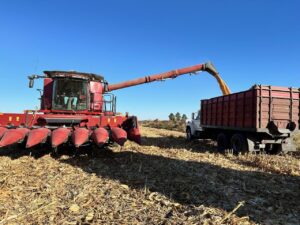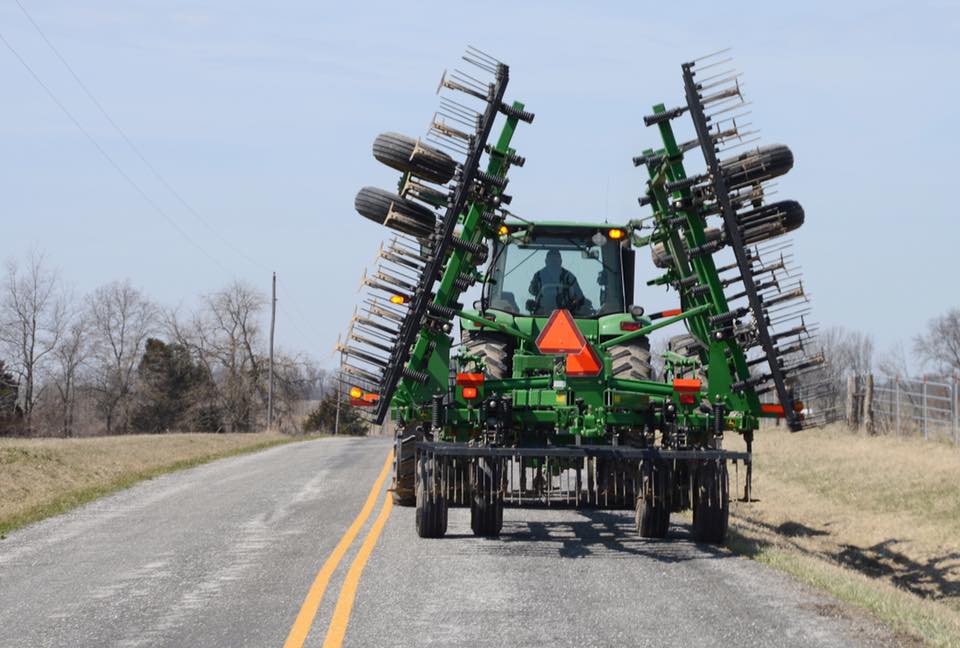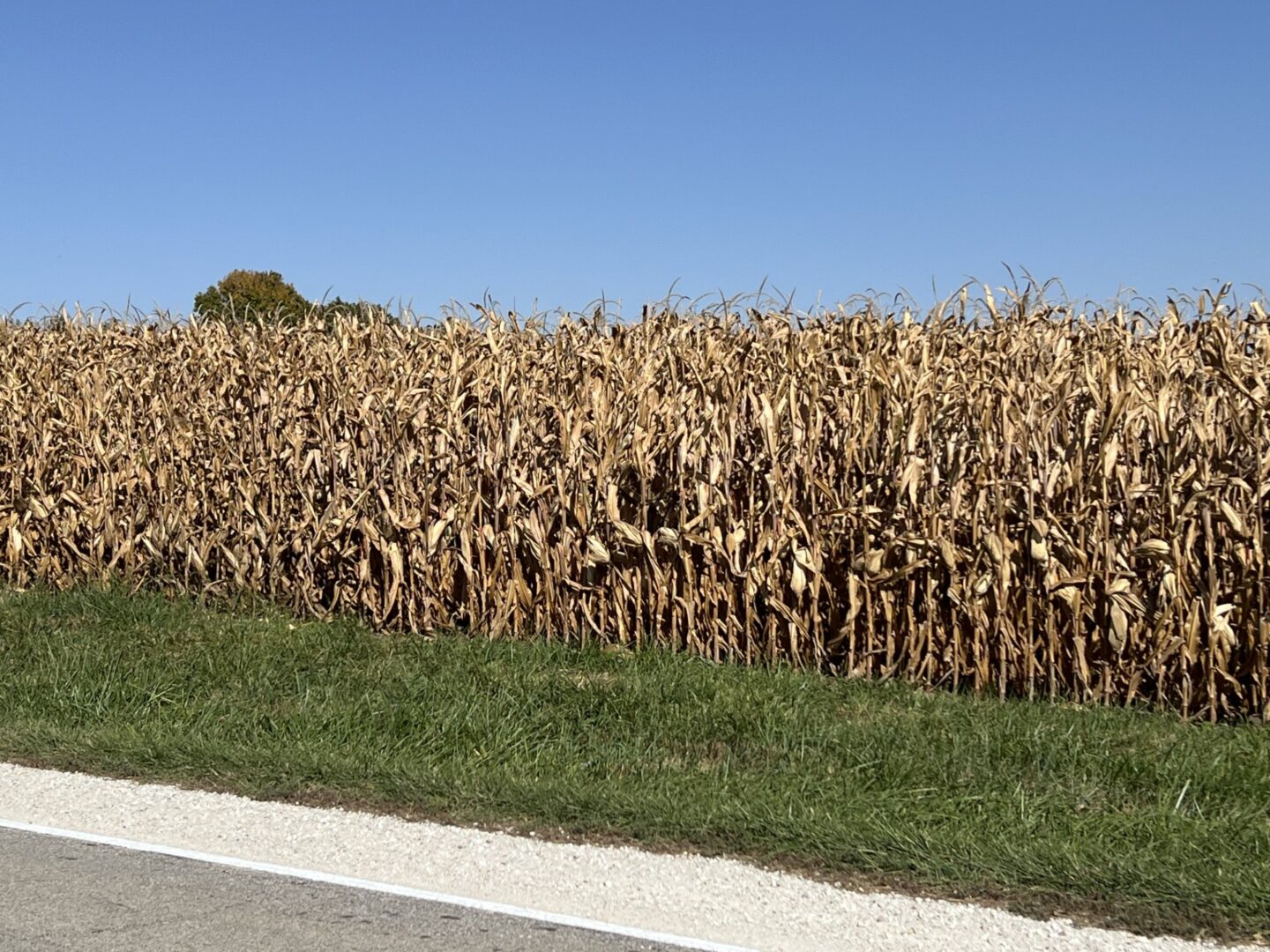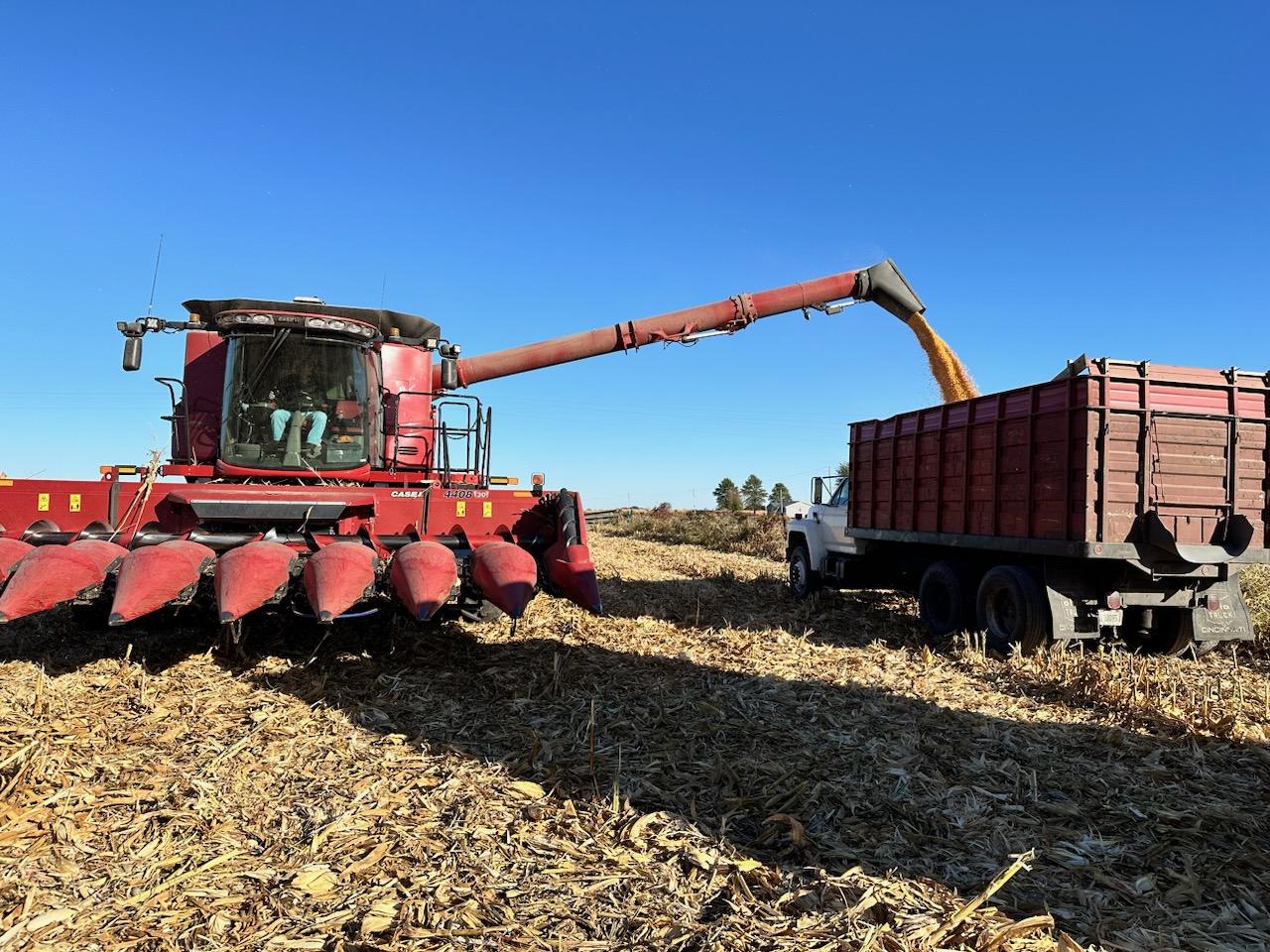A new bill prohibits non-citizens deemed hostile by the federal government from buying Illinois farmland.
The number of U.S. farm acres owned by foreign entities grew more than 8% in 2022, according to the U.S. Department of Agriculture. The most recent report shows while foreign-held agricultural acres saw the largest increases in Colorado, Alabama and Michigan, there were decreases in foreign-owned land in several other states including Illinois.
Still, the proportion of foreign-held farmland to privately-held farmland is 2.7% in Illinois.
State Sen. Sally Turner, R-Beason, said her bill, Senate Bill 2668, aims to alleviate farmers’ fears that land acquisitions by foreign nations and investors may inflate farmland prices and pose a potential threat to national security.
“We can’t go get new farmland. We can’t invent more or manufacture new farmland. It is something that we need in order to feed the world,” said Turner.
Turner’s bill prohibits non-citizens deemed hostile by the federal government from buying Illinois farmland. Currently, 24 states have passed similar legislation to manage the risks associated with the purchase of farmland by foreign entities that may jeopardize national security.
The National Defense Authorization Act addresses the issue of foreign entities buying up farmland, Turner said. In fact, the Agricultural Foreign Investment Disclosure Act became law in late 1978. The law requires foreign investors to report their purchases.
“The federal government is not able to process and track these foreign-owned agricultural entities as well as they should. Individual states are having to do that themselves,” said Turner.
Turner’s bill says that if a foreign party like the Chinese Communist Party buys up agricultural land there could be a punishment of up to 2 years in prison and/or a $15,000 fine.
Punishment would only apply to non-citizens who start buying up farmland. Punishment would not apply to residents of Illinois. The new bill would make it a felony for a non-citizen to buy agricultural land.
Also under the bill, there would be an Office of Agricultural Intelligence within the Illinois Department of Agriculture. Turner said the office would monitor the purchases.
“I don’t think this will come at a great cost. This isn’t happening all the time, but it is something that needs to be monitored,” said Turner. “The agency can work with the Illinois State Police and their intelligence division, but I don’t think it would take a lot. The purchases could be filed through a recorder’s office to the director of Agriculture and let them review it, and they should be reviewing it anyway if it has anything to do with our safety.”
Turner said her bill wouldn’t address something like Gotion. Gotion is a Chinese electric vehicle battery maker where production is expected to begin at the plant next year in Manteno, Illinois.
“I believe that [the Manteno rezoning for Gotion] was all municipal land. They extended out their boundaries so that that land was part of the city. [SB2668] would be agricultural land, which is different from that,” Turner said.
Gotion is getting hundreds of millions in assistance from taxpayers, including more than $500 million in tax credits and other incentives from Illinois.
“I will say after reading some things about that Chinese company … I don’t like anything about it,” Turner said.
Turner said the agricultural industry is the backbone of Illinois’ economy, and legislators must take decisive steps to ensure its sustainability.
“In our discussions with local farmers, they are concerned about foreign-investors and foreign countries driving up our farmland prices, as well as threatening our national security. Food is our national security, it’s important to us,” said Turner.
The USDA’s report also shows agricultural and non-agricultural landholdings by foreign investors for Illinois’ counties with the largest acreage being in McClean County. Other data provides a breakdown of the Top 15 Chinese foreign investors by county for all states, including Illinois.
Greg Bishop contributed to this report.
***Courtesy of the Illinois Radio Network***


